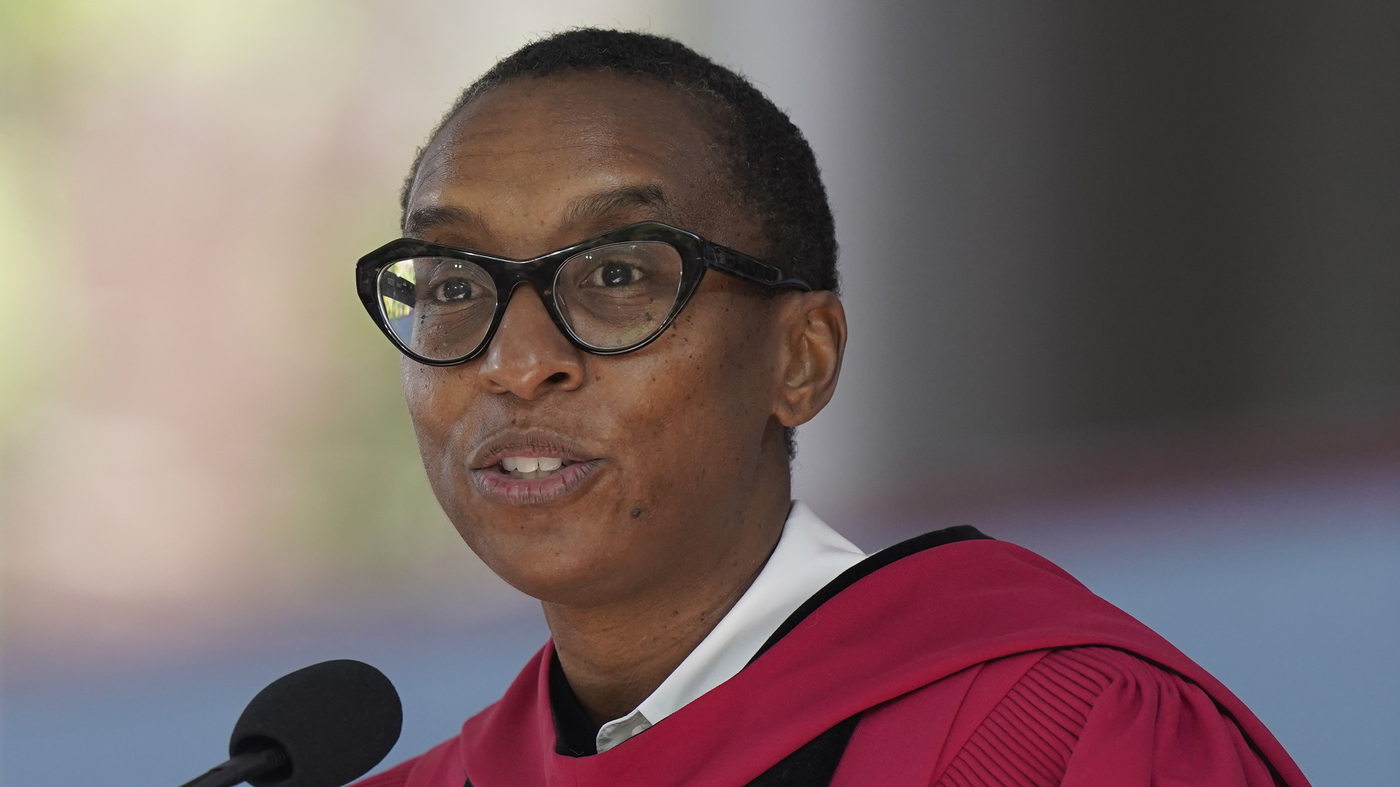The problem with regulating academic writing is highlighted by Claudine Gay’s resignation
The Harvard Effect on Genocide: Announcement of the Dec. 5 Hearing on the Case of a Minority Incriminating Student at Harvard
At that Dec. 5 hearing, Gay, along with the presidents of the University of Pennsylvania and MIT, struggled to provide clear answers when asked about their policies in cases where students advocate genocide against Jews. Penn’s president, Liz Magill, resigned after that testimony, but Harvard’s highest governing board initially rejected calls that Gay be removed.
“It is with a heavy heart but a deep love for Harvard that I write to share that I will be stepping down as president. This is a decision that I had to make. Indeed, it has been difficult beyond words because I have looked forward to working with so many of you to advance the commitment to academic excellence that has propelled this great university across centuries. It was clear after consultation with the Corporation that it was in the best interests of Harvard for me to resign so that we can focus on the institution.
Gay left after being accused of plagiarizing parts of her published works and appearing before Congress last month.
The board named Alan M. Garber as interim president until a new leader is found.
Gay became the first person of color and second woman to hold the post at Harvard when she joined the faculty. Even in the early days of her career, she was repeatedly courted by the nation’s most prestigious institutions.
“Amidst all of this, it has been distressing to have doubt cast on my commitments to confronting hate and to upholding scholarly rigor — two bedrock values that are fundamental to who I am,” she wrote, “and frightening to be subjected to personal attacks and threats fueled by racial animus.”
Claudine Gay’s Resignance Highlights the Trouble with Regulating Academic Writing: The Washington Free Beacon’s Analysis of a Harvard Dissertation
The irony, Tomar said, is that Gay’s alleged failings are likely only now coming to light because of the endless amounts of data that gets fed into artificial intelligence programs, such as Chat GPT.
He predicts a slew of academic leaders will likely be outed in similar fashion. He feels that it’s wrong to focus on the fact that some people are caught violating an institution’s policies.
We may be able to retroactively find out who did what in the 1990s. He wanted to know if we shouldn’t be more concerned about the person who is going to graduate next year.
The analysis found no violation of Harvard’s standards, but President Gay requested four changes to two articles to insert citations and quotation marks that were missed from the original publications. The articles were written in 2001 and last year.
On Monday, right-wing website the Washington Free Beacon reported that it found problems in four of Gay’s published papers, including her 1997 dissertation.
“Supervisors should bear some responsibility for mentoring and shepherding the student to ensure that the quality of the work that they produce is high,” Eaton said.
There are several steps in the verification of a dissertations, among them being reviewed by a supervisor.
Source: Claudine Gay’s resignation highlights the trouble with regulating academic writing
The Age of Plagiarism: A Memoir of a Professional and a Lady Who Came Through the Looking-Glass
Still, Dr. Sarah Elaine Eaton, author of Plagiarism in Higher Education: Tackling Tough Topics in Academic Integrity, says allegations of plagiarism are still largely handled manually.
Tomar began his career as a professional cheater during this pre-internet time. He recalled that it was easy to get away with cutting and pasting before educators were aware of it.
Without the plagiarism detection software programs, professors were encouraged to use their intuition if there was a problem with an assignment. They were urged to hold one-on-one meetings to help them assess a student’s grasp of the material.
That was largely due to the absence of plagiarism detection technology, he said, noting that the 1990s and even early 2000s were the nascent days of the internet. Physical libraries still used card catalogs for research. It wasn’t unusual for papers to be written out by hand, then typed into a computer or word processor. And the few software tools that eventually became available back then, were nowhere near as sophisticated as what exists today.
The author of The Complete Guide To Contract Cheating In Higher Education said the alarm bells were not raised as much 20 years ago. “It’s a no-brainer to me that she was just sort of right ahead of the curve of detection at the time.”
“It’s easy to comprehend how Gay’s writing went undetected for so long” said Dave Tomar, who ghost-written academic papers for undergrads and post-doc students.
